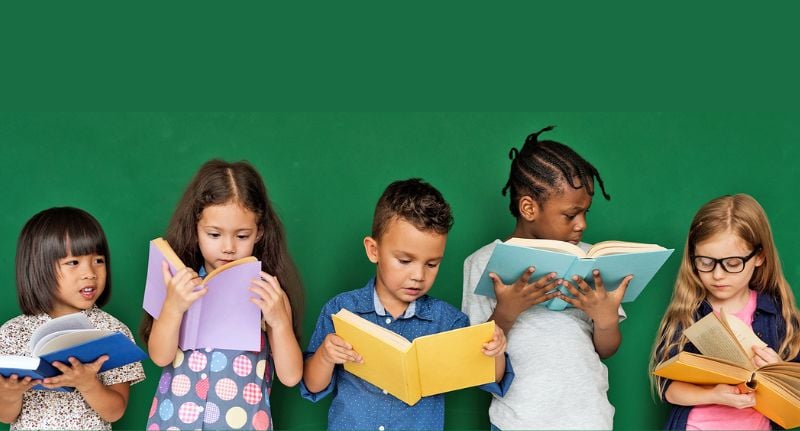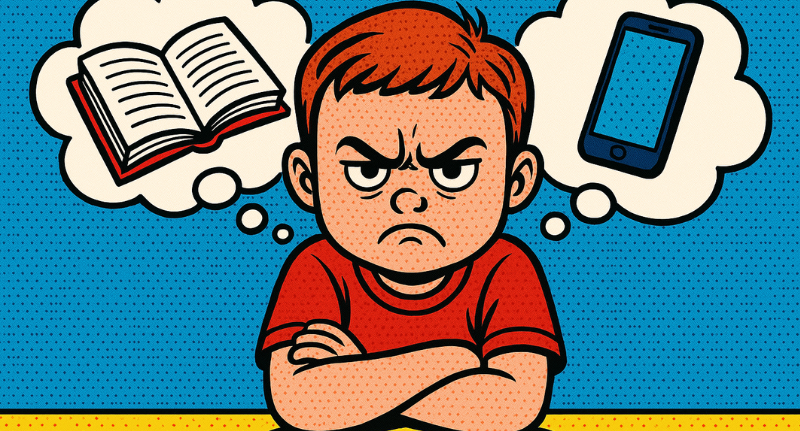The countdown to the social media ban for under-16s will take effect on 10 December, marking one of the biggest youth-online-safety interventions the country has seen.
But while the ban aims to protect teens from mental health risks, behavioural experts warn that teenagers won’t automatically swap scrolling for healthier habits like reading.
This week, QBD Books and Australia Reads launched a national push encouraging families to replace screen time with reading, puzzles and in-person activities positioning books as a practical antidote to the attention and anxiety challenges linked to social media.

A ban alone won’t change behaviour
Dr Breanna Wright, behavioural scientist and lead researcher behind Monash University’s Understanding Australian Readers report, told Mediaweek that banning apps won’t immediately reshape how young people spend their time.
“You can’t just stop a habit – you have to replace it with something else,” she said.
Wright notes that teens are driven to social platforms for connection, status and entertainment, and many will simply turn to other digital activities unless guided toward healthier alternatives.
“There are likely to be many other digital behaviours that substitute for social media before reading does,” she added.
“A social media ban alone won’t be enough to change behaviour across an entire generation.”
Reading as a counterweight to the attention crisis?
While reading isn’t a direct substitute for the social benefits of online platforms, Wright says it offers something today’s digital habits lack.
“It’s about the immersive experience of reading,” she said.
“You empathise with characters and invest emotionally in their journeys. Social media is more surface-level – short bursts with little emotional depth.”
Australia Reads’ Anna Burkey echoes those benefits, citing Monash research showing measurable improvements in mental wellbeing.
“Even a few minutes of reading for pleasure can have measurable effects on mental health,” Burkey said.
“People who read regularly report feeling calmer, sleeping better and connecting more deeply with others.”
An opportunity
QBD Books CEO Nick Croydon says the ban presents an opportunity for families to rethink their habits over the summer break.
“This new law is a moment for families to reset,” Croydon said.
“Books bring comfort and joy in a way no device can. We want to help parents replace the scroll with something that sparks imagination and real connection.”
But here’s the rub: There’s no one formula for transitioning teens off feeds and into fiction, Wright cautions.
“People are drawn to different genres. The key is connecting teens with content that captures their interest,” she said.
She notes that fast-paced stories, short fiction, graphic novels and audiobooks may act as easier entry points for a generation used to rapid, stimulus-rich content.
“If we want to shift teens from social media to reading, it would take a targeted and deliberate effort.”
Support starts at home
Wright emphasises that parents, educators and retailers will need to work together if reading is to meaningfully replace digital habits.
“The key is helping teens discover what they enjoy doing,” she said.
“Without guidance, they’ll default to low-effort habits.”
With the ban commencing just two weeks before Christmas, QBD Books will spotlight books, puzzles and games across its retail network as tools for connection.
“This Christmas season, we want Australians to turn off the scroll and turn a page,” Croydon said
